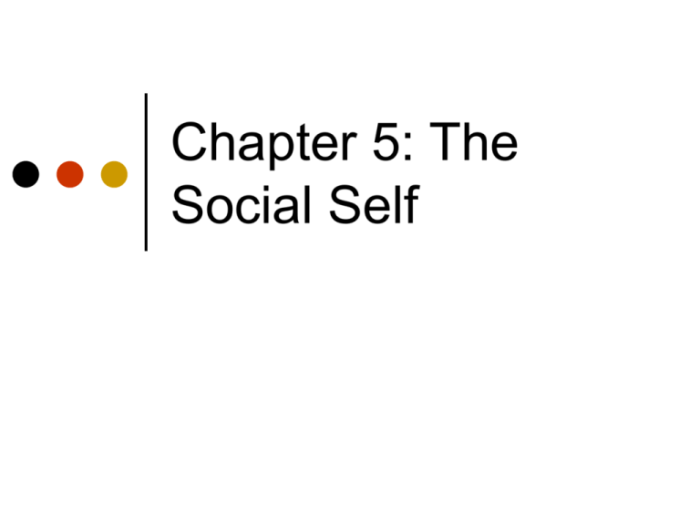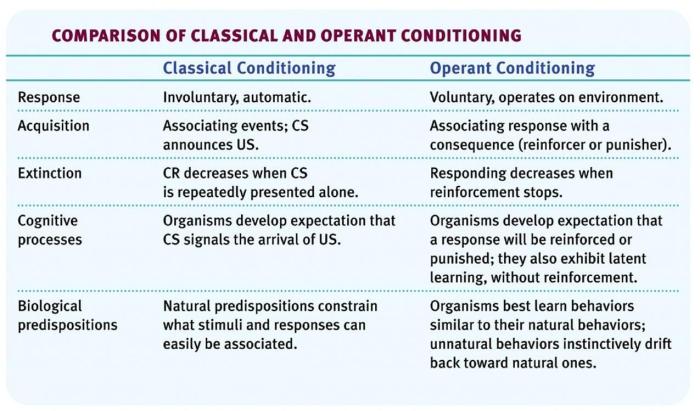Self esteem is all of the following except a complex and multifaceted construct that has captivated the attention of psychologists, educators, and laypeople alike. This opening passage beckons readers into a world crafted with meticulous precision, ensuring a reading experience that is both absorbing and distinctly original.
The ensuing paragraphs delve into the intricacies of self-esteem, exploring its conceptualization, contributing factors, and far-reaching implications. We will illuminate the psychological underpinnings of self-esteem, examining both its internal and external influences. Furthermore, we will investigate the profound impact of self-esteem on our mental health, social relationships, and overall well-being.
Self-Esteem: A Definition
Self-esteem refers to an individual’s overall sense of self-worth and value. It encompasses the thoughts, feelings, and beliefs we hold about ourselves and our abilities. Key characteristics of self-esteem include:
- Confidence in one’s own abilities
- A sense of self-acceptance and self-respect
- A positive self-image
li>A sense of purpose and belonging
Factors Influencing Self-Esteem
Internal Factors
- Personality traits
- Cognitive processes (e.g., self-talk, self-criticism)
- Past experiences and childhood upbringing
External Influences, Self esteem is all of the following except
- Social comparison with others
- Feedback and reinforcement from others
- Cultural and societal norms
Consequences of Low Self-Esteem
Low self-esteem can have significant negative consequences for an individual’s well-being, including:
- Increased risk of depression, anxiety, and other mental health disorders
- Difficulty forming and maintaining healthy relationships
- Reduced academic and professional achievement
- Increased vulnerability to stress and adversity
Individuals with low self-esteem may also engage in maladaptive coping mechanisms, such as:
- Avoidance of challenging situations
- Self-sabotage
- Substance abuse
Self-Esteem and Identity

Self-esteem plays a crucial role in shaping an individual’s personal identity and sense of self-worth. It influences:
- Self-concept: The beliefs and perceptions we hold about ourselves
- Self-worth: The value and significance we attribute to ourselves
- Life choices and goals: Self-esteem can influence the decisions we make and the paths we pursue in life
Self-Esteem and Mental Health: Self Esteem Is All Of The Following Except
There is a strong link between self-esteem and mental health disorders. Low self-esteem is a common symptom of:
- Depression
- Anxiety disorders
- Eating disorders
- Personality disorders
Therapy and self-help techniques can be effective in improving self-esteem and addressing mental health issues.
Self-Esteem and Social Relationships

Self-esteem significantly impacts an individual’s social interactions and relationships:
- Individuals with high self-esteem are more likely to have healthy and fulfilling relationships
- Low self-esteem can lead to social withdrawal, difficulty communicating, and relationship problems
- Social interactions can also influence self-esteem, both positively and negatively
Self-Esteem and Success

Self-esteem is closely linked to academic and professional achievement:
- Individuals with high self-esteem are more likely to set ambitious goals and strive for success
- Low self-esteem can hinder motivation, goal-setting, and resilience in the face of challenges
- Self-esteem can influence career development and personal growth by shaping an individual’s self-beliefs and aspirations
FAQ Explained
What are the key characteristics of self-esteem?
Self-esteem encompasses feelings of self-worth, self-confidence, and self-acceptance. It involves a positive evaluation of oneself and one’s abilities.
How does self-esteem impact mental health?
Low self-esteem has been linked to an increased risk of mental health disorders such as depression, anxiety, and eating disorders.
What are some strategies for improving self-esteem?
Cognitive behavioral therapy, mindfulness practices, and positive self-talk can all contribute to enhancing self-esteem.

